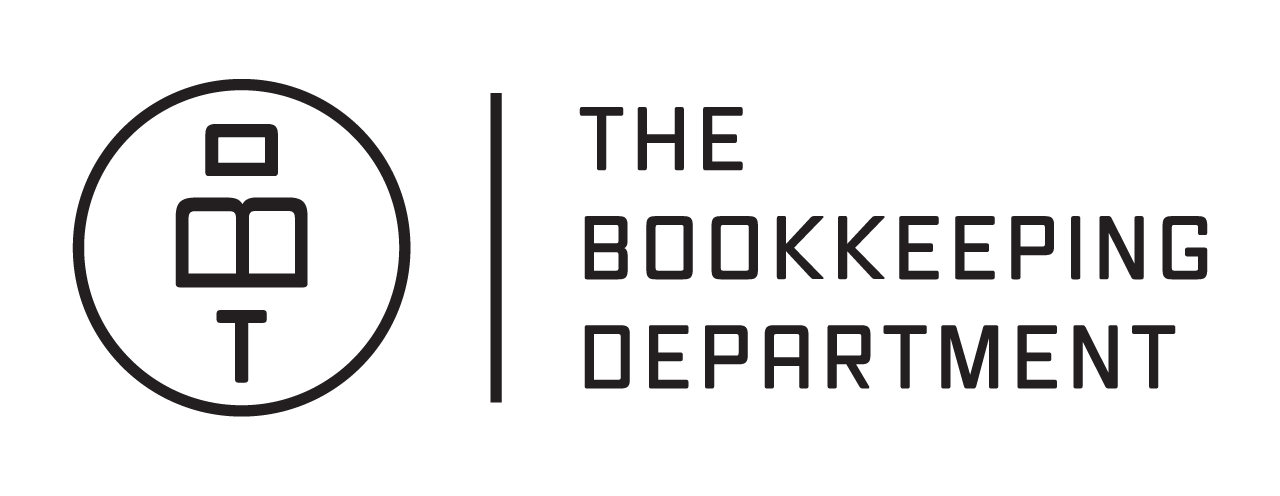Frequently Asked Questions
When you want to outsource your bookkeeping services for the first time, you may have some questions around our processes, what we do and why outsourcing is a more cost-effective option. To help you make an informed decision we have answered some of the most frequently asked questions below.
Do you service Sydney only?
Whether you are located in Perth or Penrith, or Melbourne or Mooloolaba – we can work with you! Whilst based in Sydney, our outsourced bookkeeping services are largely implemented online, which means we can deliver our services to you no matter where you’re located.
What does a bookkeeper do?
Bookkeepers are responsible for an organisation’s financial administration. Day-to-day activities include maintaining reconciling bank accounts, general ledgers, recording incoming and outgoing transactions, managing financial information and records, payroll (incl. superannuation) and BAS lodgement to name a few.
What services do bookkeepers include?
At a high level, everything from reconciling bank accounts, maintaining the general ledger, record-keeping, financial reporting, payroll, superannuation, BAS and specialised consulting. Click here to view an in-depth look at our service offering.
How much does bookkeeping cost?
Financial administration costs vary from business-to-business. During our initial consultation our bookkeeping experts will recommend a bespoke solution for your business. Click here to contact us now.
What is the difference between inhouse bookkeeping vs outsourced?
In-house:Many business owners choose to employ an in-house bookkeeper or delegate the task to an employee because they feel more comfortable with financial administration kept within the business. But a gap in knowledge or technical expertise can lead to errors in reporting and general day-to-day bookkeeping tasks.
Outsourced (or offsite): For business owners that choose to outsource their bookkeeping, it means the entire bookkeeping department is run off-site in our office. Not only is this more reliable, accurate and effective than in-house bookkeeping, but you also avoid running costs and overheads such as:
- Bookkeeper holiday or sick days
- Costly workstations and computer gear
- Accessibility – you are not limited to when the bookkeeper is in your office
- Management – you don’t need to spend time managing this resource or the work they produce
Most important, outsourced bookkeeping gives business owners greater opportunity to focus on building and expanding their business, rather than spending days (and nights) working on the books.
Is there a difference between accounting and bookkeeping?
Bookkeeping refers to the process of identifying, recording, and storing day-to-day financial transactions whereas accounting interprets, summarises and reports on transactions with financial statements – Profit and Loss (P&L), Balance Sheet, Cash Flow Statement – as well as prepares tax documents for reporting purposes.
